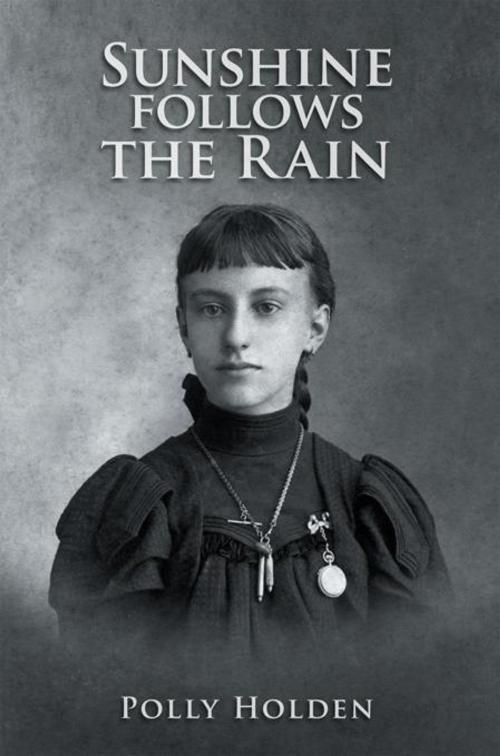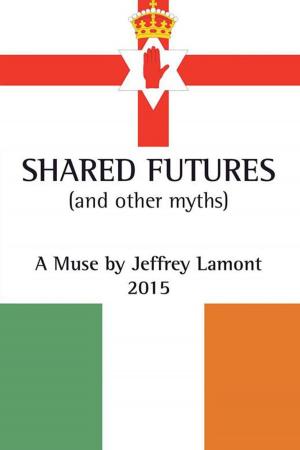| Author: | Polly Holden | ISBN: | 9781468579116 |
| Publisher: | AuthorHouse UK | Publication: | June 20, 2012 |
| Imprint: | AuthorHouse UK | Language: | English |
| Author: | Polly Holden |
| ISBN: | 9781468579116 |
| Publisher: | AuthorHouse UK |
| Publication: | June 20, 2012 |
| Imprint: | AuthorHouse UK |
| Language: | English |
Set just after the Second World War, Sylvia is just blossoming into womanhood and feeling her feet in her chosen career. Karl is brought to these shores on a troopship as a German prisoner of war, and like the quarter of a million other men in a similar situation, he wants to return home. The British government decrees that this is not going to happen and that these men will be required to help put right the devastation wrought by the war in Britain and to learn what a catastrophe their leader caused. Slowly the men are set to work, many of them in agriculture, but fraternisation with the general public is forbidden. Karls work is with Harry who is a foreman on a local market garden and is also Sylvias father; Harry has an aversion to Karls race because of events during the First World War, which affected his childhood. Gradually, the POWs are allowed to meet with the general public, and Sylvia and Karl fall in love, but it is an uphill task to win Harry over, although they do have an ally in Peggy, Sylvias mother. Eventually, events turn around, and the outcome is a happy one. This book also goes into the way village life pans out in these times, how severe rationing affects events, and how class distinction is still very apparent.
Set just after the Second World War, Sylvia is just blossoming into womanhood and feeling her feet in her chosen career. Karl is brought to these shores on a troopship as a German prisoner of war, and like the quarter of a million other men in a similar situation, he wants to return home. The British government decrees that this is not going to happen and that these men will be required to help put right the devastation wrought by the war in Britain and to learn what a catastrophe their leader caused. Slowly the men are set to work, many of them in agriculture, but fraternisation with the general public is forbidden. Karls work is with Harry who is a foreman on a local market garden and is also Sylvias father; Harry has an aversion to Karls race because of events during the First World War, which affected his childhood. Gradually, the POWs are allowed to meet with the general public, and Sylvia and Karl fall in love, but it is an uphill task to win Harry over, although they do have an ally in Peggy, Sylvias mother. Eventually, events turn around, and the outcome is a happy one. This book also goes into the way village life pans out in these times, how severe rationing affects events, and how class distinction is still very apparent.















